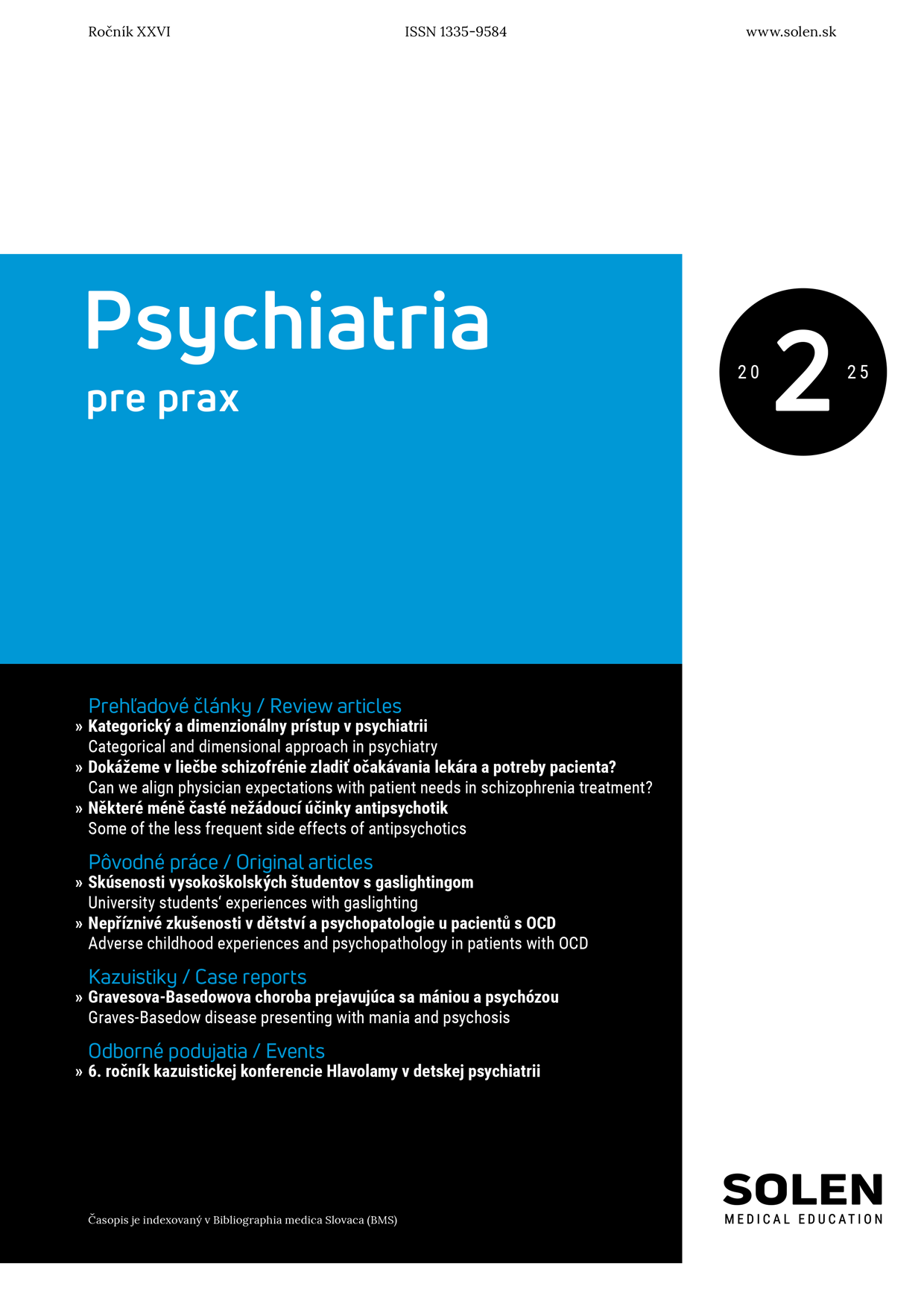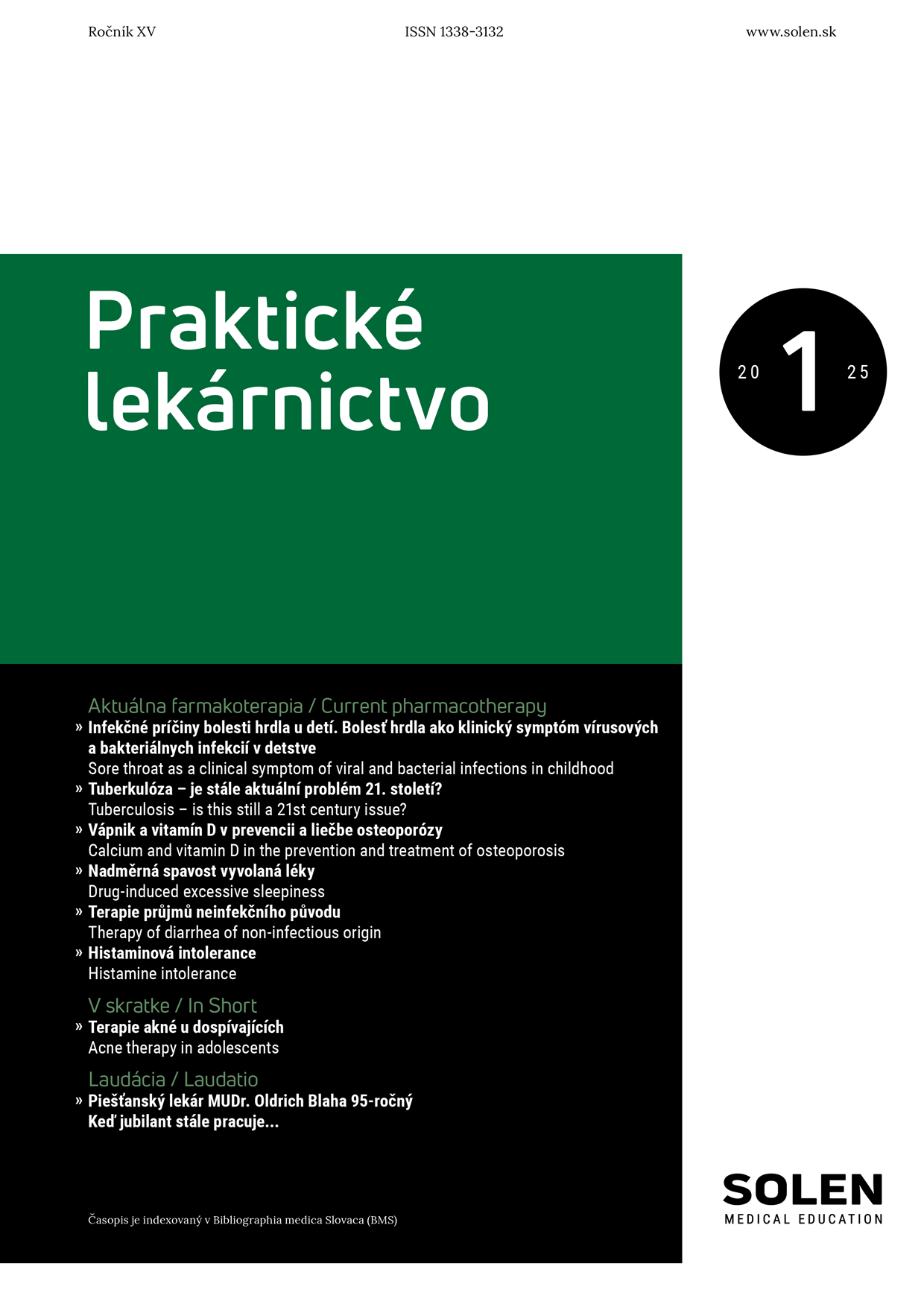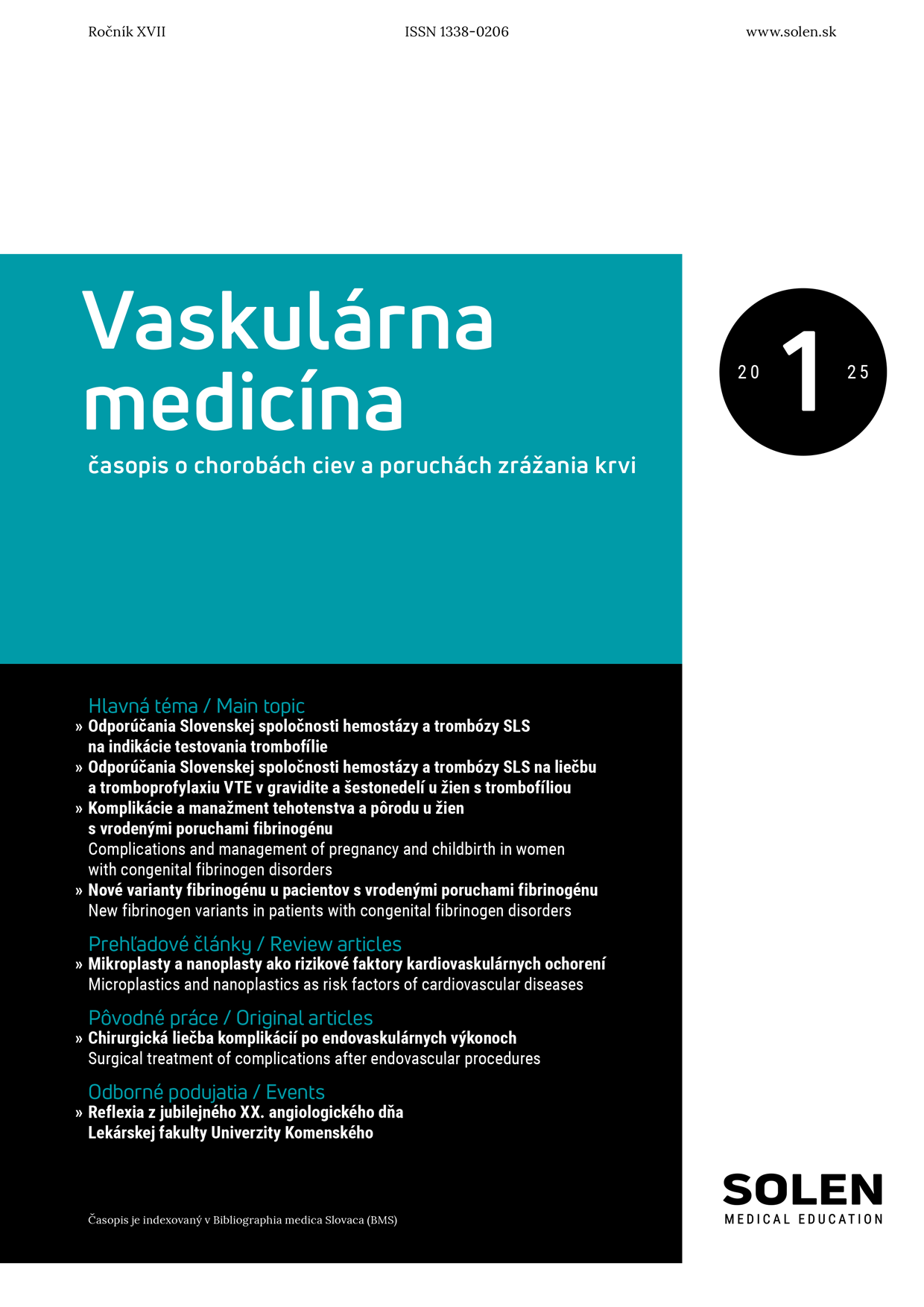Neurológia pre prax 5/2009
Praktické zkušenosti s laboratorní diagnostikou Alzheimerovy nemoci pomocí tau proteinu, fosfo-tau proteinu a beta amyloidu v likvoru
Cílem článku je seznámit neurology, psychiatry, geriatry a další specialisty s možnostmi a praktickými zkušenostmi s laboratorním stanovením tau proteinu, fosfo-tau proteinu a beta-amyloidu v mozkomíšním moku především u Alzheimerovy nemoci. Je podána stručná souhrnná informace o podstatě biomarkerů tzv. likvorového tripletu a dále je podrobněji vysvětlen princip a metodika vyšetření likvoru, včetně zhodnocení vlastní skupiny pacientů a jsou zdůrazněny požadavky na správnou techniku odběru vzorku. Při současném vyhodnocení tripletu u Alzheimerovy nemoci se zvýší senzitivita na 85–94 % a specificita na 83–100 %. Proto velký profit vyšetření AD biomarkerů je možno očekávat pro pacienty s minimálním kognitivním deficitem, kteří jsou ve vyšším riziku rozvoje Alzheimerovy nemoci.
Kľúčové slová: Alzheimerova nemoc, tau protein, fosfo-tau protein, beta-amyloid, mozkomíšní mok.
Practical experience with laboratory diagnosis of Alzheimer's disease using tau protein, phospho-tau protein, and beta amyloid in cerebrospinal fluid
The aim of the paper is to acquaint neurologists, psychiatrists, geriatricians, and other specialists with the options of and practical experience with the laboratory assessment of tau protein, phospho-tau protein, and beta-amyloid in the cerebrospinal fluid in Alzheimer's disease in particular. The rationale for the use of the three cerebrospinal fluid biomarkers is briefly summarized, the principle and the methodology of the cerebrospinal fluid test are explained in detail, including an evaluation of an own group of patients, and requirements for a proper sample collection technique are emphasized. When evaluating the three cerebrospinal fluid AD biomarkers in Alzheimer's disease, the sensitivity and specificity increase to 85–94 % and 83–100 %, respectively. Thus, patients with minimal cognitive deficit who are at a higher risk of developing Alzheimer's disease can be expected to benefit greatly from an evaluation of AD biomarkers.
Keywords: Alzheimer's disease, tau protein, phospho-tau protein, beta-amyloid, cerebrospinal fluid.


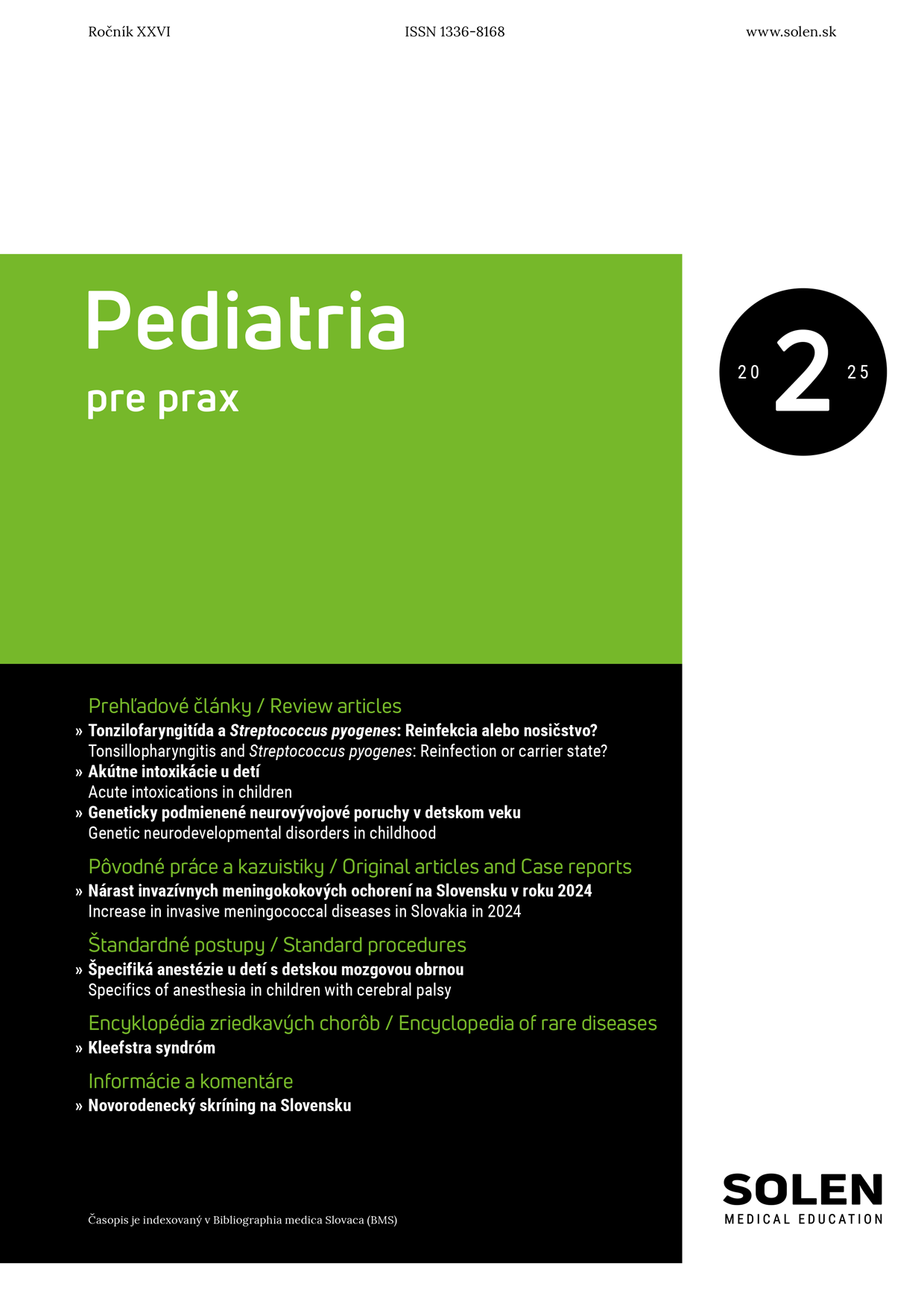
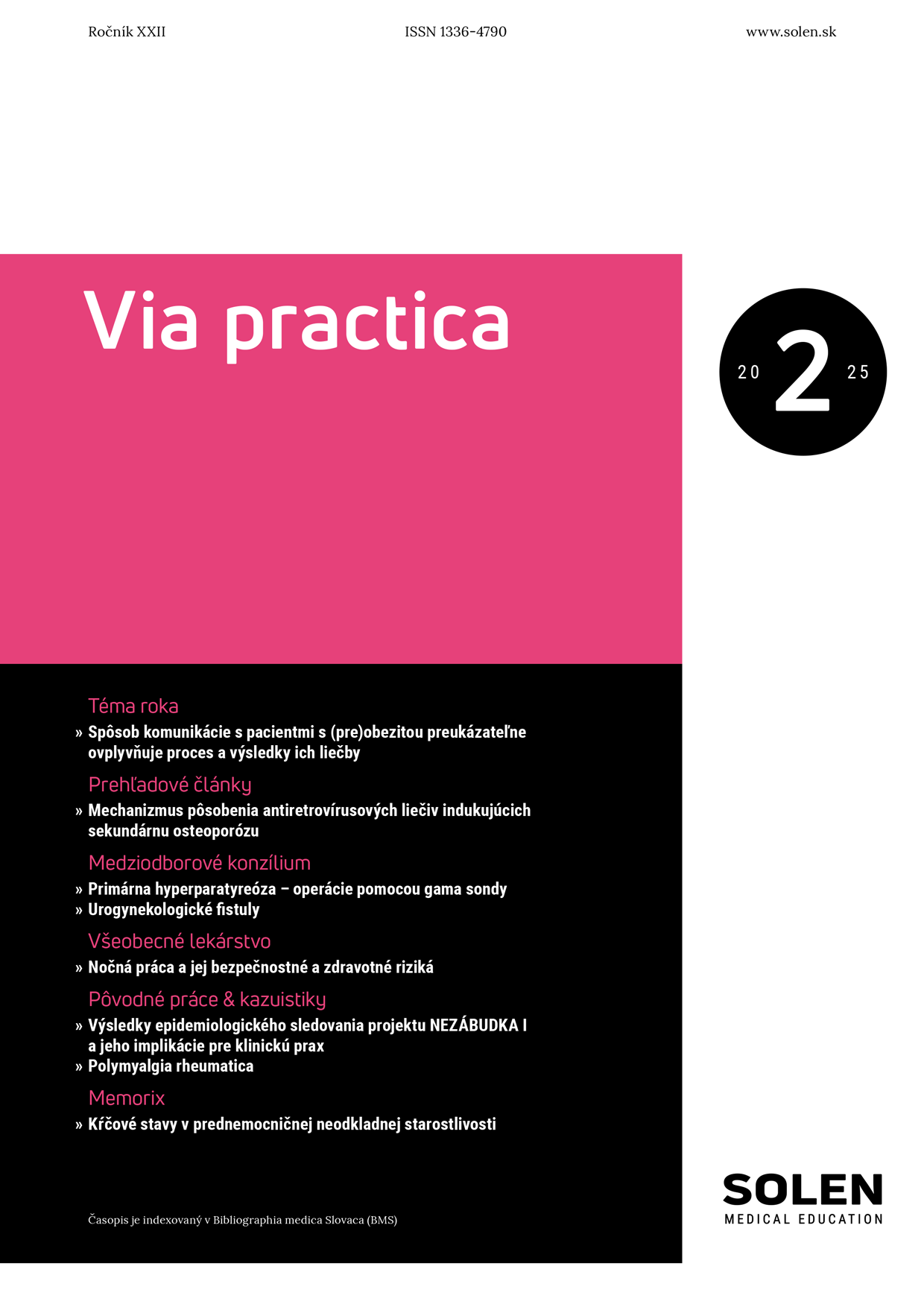
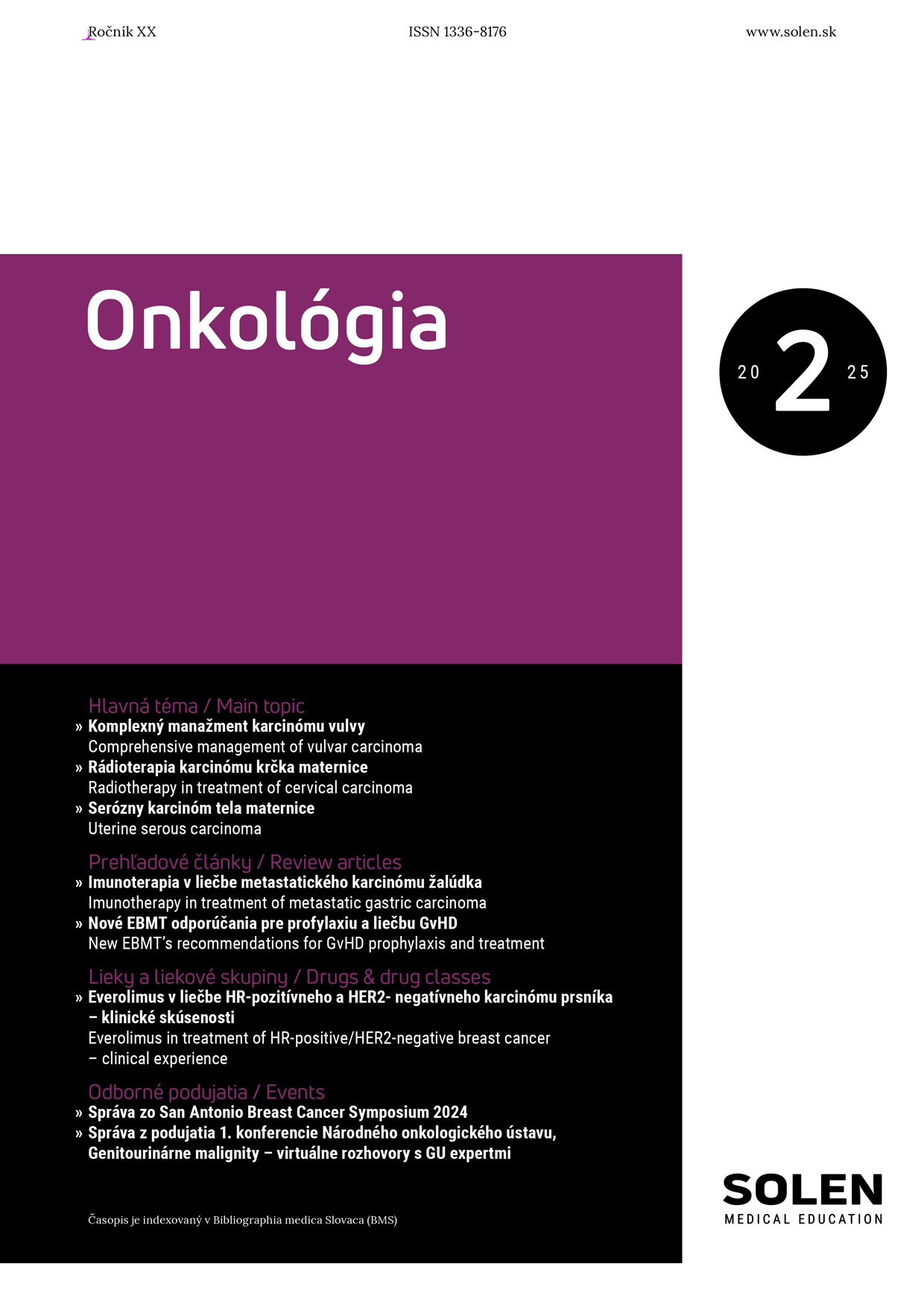
-1.png)
